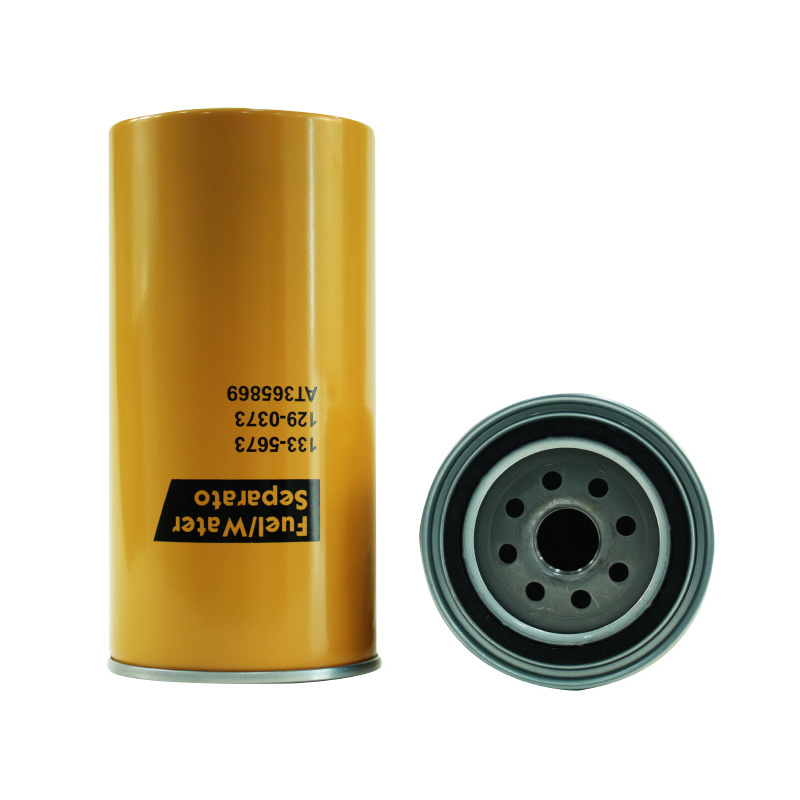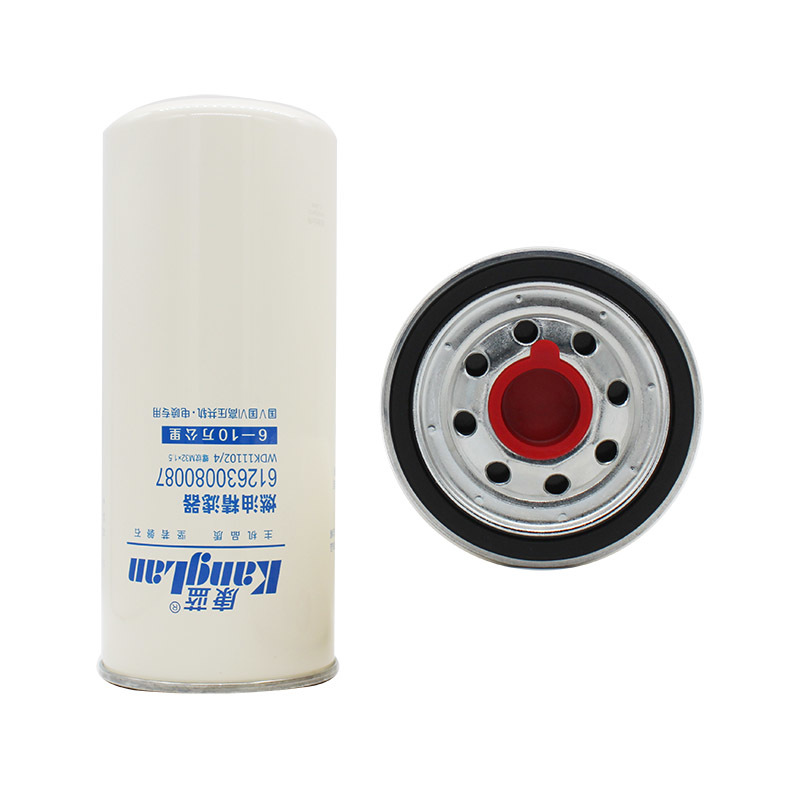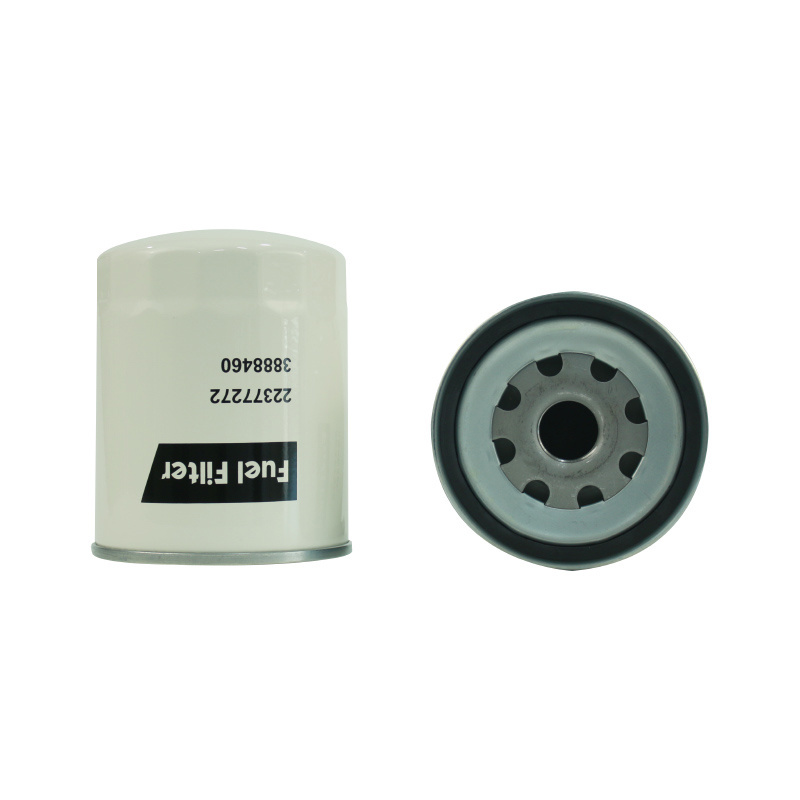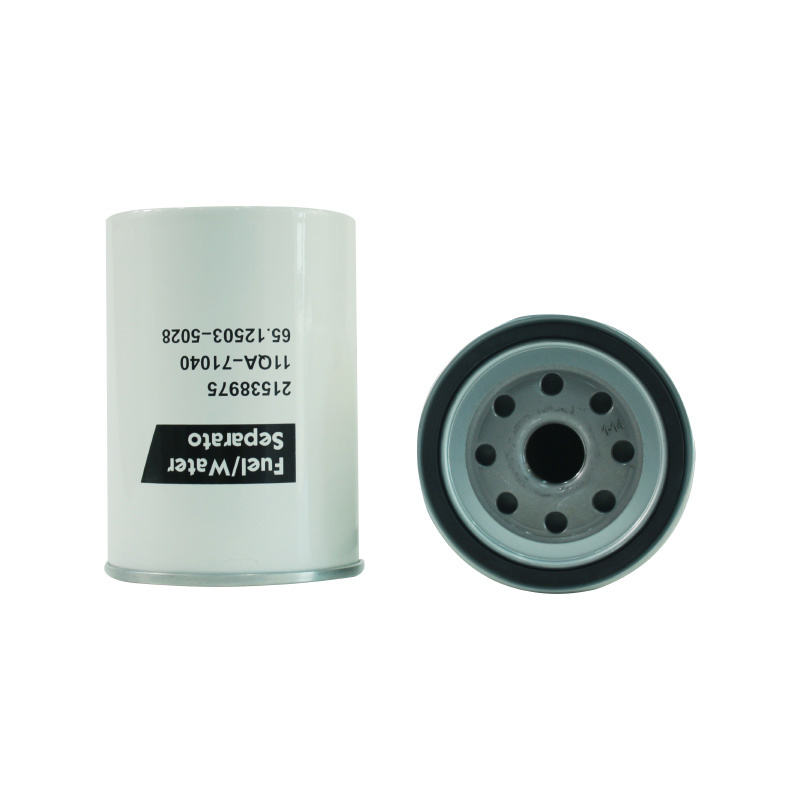Welcome to Hebei Takai Vehicle Parts Technology Co., Ltd.
The Essential Guide to Tractor Oil Filters: Enhancing Engine Performance and Longevity
Release Time:
May 23,2025
--- Tractor oil filters are a vital component in the maintenance of agricultural machinery and heavy-duty vehicles. These filters serve the essential purpose of keeping the engine oil clean by trapping contaminants such as dirt, metal particles, and degraded oil residues. A well-functioning oil filter not only enhances the efficiency of the engine but also extends its lifespan, ultimately leading
---
Tractor oil filters are a vital component in the maintenance of agricultural machinery and heavy-duty vehicles. These filters serve the essential purpose of keeping the engine oil clean by trapping contaminants such as dirt, metal particles, and degraded oil residues. A well-functioning oil filter not only enhances the efficiency of the engine but also extends its lifespan, ultimately leading to reduced operational costs and increased productivity.
In the realm of industrial equipment, there are primarily two types of tractor oil filters: full-flow filters and bypass filters. Full-flow filters are designed to clean all the oil that circulates through the engine, providing optimal filtration and immediate protection against wear. Bypass filters, on the other hand, filter a smaller portion of the oil and are often used in conjunction with full-flow filters to provide additional purification. Understanding the differences between these types can help professionals select the appropriate filter for their specific machinery needs.
The maintenance of tractor oil filters is crucial to ensuring the smooth operation of engines. Regularly replacing oil filters, as part of routine maintenance, can prevent clogging and ensure that the engine receives a constant supply of clean oil. Clogged filters can lead to increased engine wear, reduced efficiency, and potential engine damage, making timely replacements an essential practice for anyone operating heavy machinery.
When selecting tractor oil filters, professionals should consider factors such as filter efficiency, capacity, and the specific requirements of their engines. High-efficiency filters can capture smaller particles, which is particularly important in environments where dust and debris are prevalent. The size and capacity of the filter must also match the engine's specifications to ensure proper oil flow and filtration.
In addition to choosing the right filter, it's also essential to understand the installation process. Proper installation ensures that the filter seals correctly and prevents leaks, which can lead to loss of oil pressure and engine damage. Regular inspections of the filter and oil levels can help identify potential issues before they escalate.
In conclusion, tractor oil filters play a crucial role in the maintenance and performance of agricultural and industrial engines. By understanding the types, maintenance practices, and selection criteria for these filters, professionals can significantly enhance the efficiency and longevity of their machinery. Investing time and resources into proper filtration practices not only promotes operational efficiency but also safeguards against costly repairs and downtime.
Tractor oil filters are a vital component in the maintenance of agricultural machinery and heavy-duty vehicles. These filters serve the essential purpose of keeping the engine oil clean by trapping contaminants such as dirt, metal particles, and degraded oil residues. A well-functioning oil filter not only enhances the efficiency of the engine but also extends its lifespan, ultimately leading to reduced operational costs and increased productivity.
In the realm of industrial equipment, there are primarily two types of tractor oil filters: full-flow filters and bypass filters. Full-flow filters are designed to clean all the oil that circulates through the engine, providing optimal filtration and immediate protection against wear. Bypass filters, on the other hand, filter a smaller portion of the oil and are often used in conjunction with full-flow filters to provide additional purification. Understanding the differences between these types can help professionals select the appropriate filter for their specific machinery needs.
The maintenance of tractor oil filters is crucial to ensuring the smooth operation of engines. Regularly replacing oil filters, as part of routine maintenance, can prevent clogging and ensure that the engine receives a constant supply of clean oil. Clogged filters can lead to increased engine wear, reduced efficiency, and potential engine damage, making timely replacements an essential practice for anyone operating heavy machinery.
When selecting tractor oil filters, professionals should consider factors such as filter efficiency, capacity, and the specific requirements of their engines. High-efficiency filters can capture smaller particles, which is particularly important in environments where dust and debris are prevalent. The size and capacity of the filter must also match the engine's specifications to ensure proper oil flow and filtration.
In addition to choosing the right filter, it's also essential to understand the installation process. Proper installation ensures that the filter seals correctly and prevents leaks, which can lead to loss of oil pressure and engine damage. Regular inspections of the filter and oil levels can help identify potential issues before they escalate.
In conclusion, tractor oil filters play a crucial role in the maintenance and performance of agricultural and industrial engines. By understanding the types, maintenance practices, and selection criteria for these filters, professionals can significantly enhance the efficiency and longevity of their machinery. Investing time and resources into proper filtration practices not only promotes operational efficiency but also safeguards against costly repairs and downtime.
You Can Also Learn More About Industry Trends












